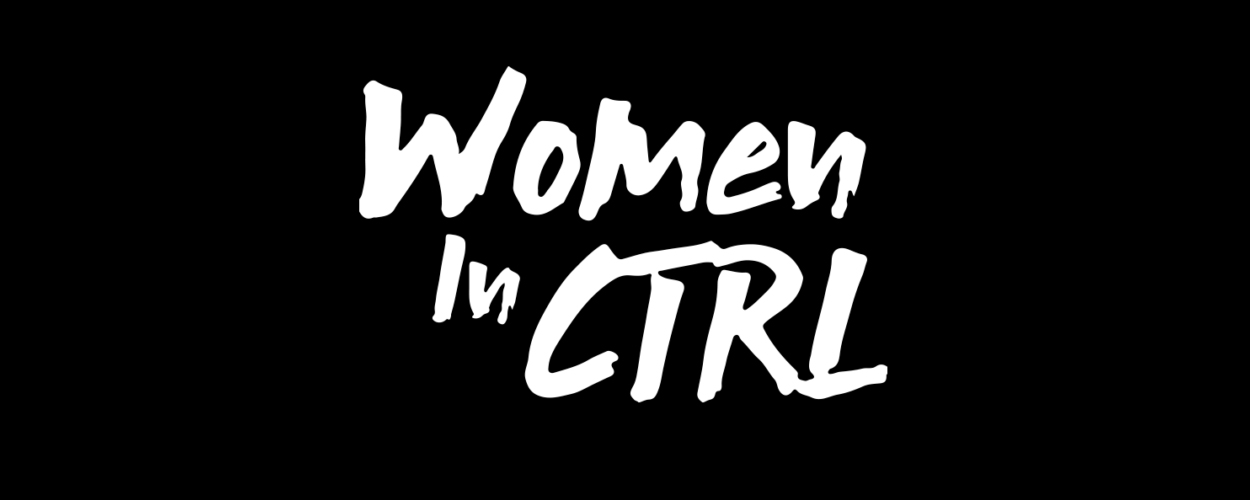This website uses cookies so that we can provide you with the best user experience possible. Cookie information is stored in your browser and performs functions such as recognising you when you return to our website and helping our team to understand which sections of the website you find most interesting and useful.
Business News Industry People
Women In CTRL puts the spotlight on diversity at the UK music industry’s trade groups
By Chris Cooke | Published on Wednesday 22 July 2020

Women In CTRL – a not-for-profit organisation that seeks to “empower and inspire” women working in the music business – has published a report looking at the diversity of the boards and teams running the UK music industry’s main trade bodies. It highlights that women are generally under-represented at the top of these organisations, while black women are “severely underrepresented” as both board and staff members.
The report follows recent statements from companies and organisations across the music industry committing to do more to address diversity issues – especially in relation to ethnic diversity – in the wake of the Black Out Tuesday event and #TheShowMustBePaused initiative. Those events in turn being inspired, of course, by the most recent wave of Black Lives Matter protests.
Launching the stats, Women In CTRL states: “Many [music industry trade organisations] have released statements calling for diversity and change within the industry, however if these companies are not diverse themselves how can they be taking on the task?”
The group’s study reviews the boards and executive teams of twelve industry bodies, including label-centric trade groups the BPI and Association Of Independent Music; the Music Publishers Association; the Music Producers Guild; the Music Venue Trust; the Music Managers Forum; songwriter organisation The Ivors Academy; artist and musician groups FAC and ISM; plus collecting societies PPL and PRS; and the trade body of trade bodies UK Music.
In terms of gender diversity, only one of those organisations currently has a female chair (Music Venue Trust), while three have female CEOs (ISM, MMF and PRS). Many of these trade bodies have worked in recent years to increase gender diversity on their boards, with the MMF now having more female board members than male members, while MVT’s board is 50/50. Though overall there is still a male bias, and when ethnicity is taken into account, there is much less diversity. Only five of the 185 board members across all twelve organisations are black women.
Explaining her motivation for publishing this report, Women In CTRL founder Nadia Khan says: “As I’ve progressed through my career in the music industry over the last eighteen years I saw no representation of women or minorities within organisations at the top level and I found it perplexing how white men were making all the decisions as gatekeepers on black music”.
“A lot of my work as a manager”, she goes on, “has been consumed with fighting against the uphill battle, through every hurdle and finding a way around every door that was closed for black artists in the music industry, in live, TV, radio, record labels and every other sector”.
Noting and welcoming the recent commitments across the music industry to address diversity issues, she adds that “statements are not enough. If we really want to eradicate inequality in music then all organisations need to take accountability and take concrete action to increase representation of women in leadership roles, and diversity and inclusion within their organisations for minorities, in particular black women who are severely underrepresented”.
On the back of the report, Women In CTRL is urging all music industry organisations to sign up to a diversity pledge, which includes taking accountability for diversity issues, committing to diversify boards and teams, and setting out twelve month targets for achieving tangible change.
You can check out the report and the full pledge here.





